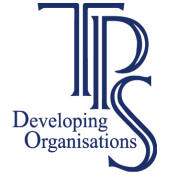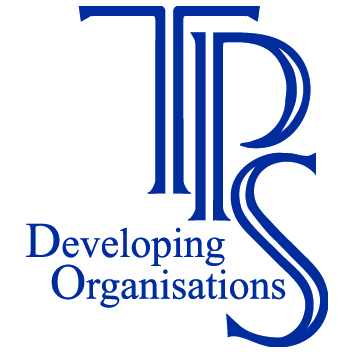Trust your instincts – if it looks wrong, it probably is.
 People often put a lot of store in the results of psychometric testing and, sometimes, the figures just don’t fit what you see. I have seen test users twist themselves in knots trying to fit the person to the results rather than taking a step back and looking at the person as, just that, a person. Experience has helped me to learn when to challenge the standard interpretation of test and profile outcomes. That doesn’t mean that test scores are quickly dismissed or that we “agree to disagree”. Rather, it means that an understanding of how and why a person has answered questions in the way they have becomes more relevant and, quite often, can open up an even more meaningful dialogue.
People often put a lot of store in the results of psychometric testing and, sometimes, the figures just don’t fit what you see. I have seen test users twist themselves in knots trying to fit the person to the results rather than taking a step back and looking at the person as, just that, a person. Experience has helped me to learn when to challenge the standard interpretation of test and profile outcomes. That doesn’t mean that test scores are quickly dismissed or that we “agree to disagree”. Rather, it means that an understanding of how and why a person has answered questions in the way they have becomes more relevant and, quite often, can open up an even more meaningful dialogue.
The customer is not always right.
This is always a hard one for consultants, who are also suppliers. We need customers and clients in order to work in our profession so challenging the wishes of a customer can be commercially limiting. However, over the years, I have learned that customers are paying for your willingness to advise them – even when such advice challenges their views about what is good for their organisation. With experience, I have found myself increasingly taking on more of a coaching role with clients helping them to understand the options available to them and develop the skills to make good choices. Most of the time, this is handled very much in a partnership style manner as we both pool our knowledge and experience to bring about the best possible outcome for the organisation. However, sometimes…!
Learn from everybody around you.
 There seems to almost be a “knowledge curve” which graphs what you think you know. It starts low and rises rapidly as you gain experience and collect qualifications. However, there then comes a time when you begin to realise (again?) that you still have a huge amount to learn and, at that time, you find that the learning comes – not from books or courses – but from listening to the people with whom you work. All people. In all kinds of job roles. It’s actually quite fascinating.
There seems to almost be a “knowledge curve” which graphs what you think you know. It starts low and rises rapidly as you gain experience and collect qualifications. However, there then comes a time when you begin to realise (again?) that you still have a huge amount to learn and, at that time, you find that the learning comes – not from books or courses – but from listening to the people with whom you work. All people. In all kinds of job roles. It’s actually quite fascinating.
Technical expertise is just the starting point.
I would like to consider myself relatively expert in the field of psychological assessment. I have practised as a psychometrician for over 30 years, I am a published author in the field, I teach on related university courses and I hold a senior position within the Psychometric Testing Centre of the British Psychological Society. However, nobody has ever wanted to listen to me talk about psychometric testing because they are interested in psychometric tests. They listen because it will help them to understand themselves, to build their team or to develop their organisation. Therefore, understanding people, their teams and their organisations is absolutely key to being a valuable consultant. I have learned that the application of our specialist knowledge is what our clients value. The knowledge is just the starting point.
The simplest solutions are often the best.
 Psychology loves models. Text books are awash with models of intellect, personality, teamworking, organisational dynamics. Sometimes, Leadership courses can be a race to see who can get the most models in front of delegates in the shortest time. Managers who are trying to do their job as well as they can find themselves faced with models of performance, models of accountability, talent management models and behavioural frameworks with user manuals that would fill a truck. In recent years, we seem to be the consultancy that organisations turn to when they are experiencing model overload. Look at the business. Look at what it is trying to achieve. Think of the people. What do they do best? Let’s keep it simple. Let’s use models to enable people not weigh them down.
Psychology loves models. Text books are awash with models of intellect, personality, teamworking, organisational dynamics. Sometimes, Leadership courses can be a race to see who can get the most models in front of delegates in the shortest time. Managers who are trying to do their job as well as they can find themselves faced with models of performance, models of accountability, talent management models and behavioural frameworks with user manuals that would fill a truck. In recent years, we seem to be the consultancy that organisations turn to when they are experiencing model overload. Look at the business. Look at what it is trying to achieve. Think of the people. What do they do best? Let’s keep it simple. Let’s use models to enable people not weigh them down.


